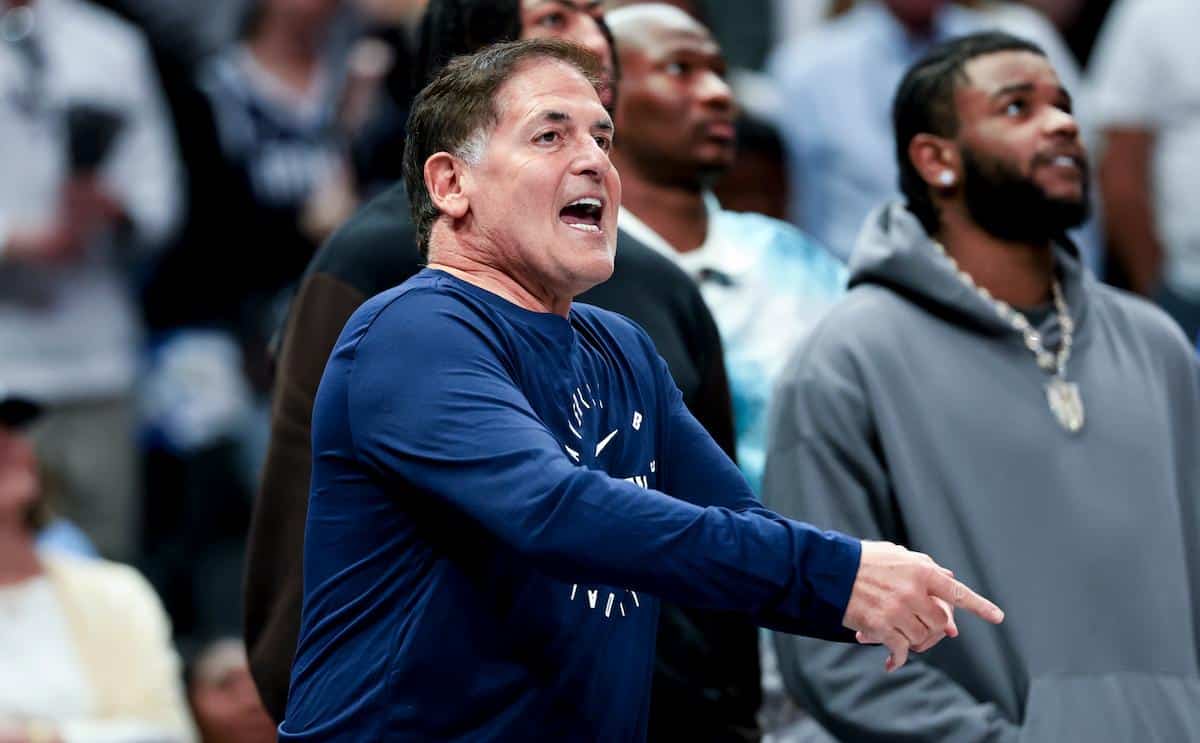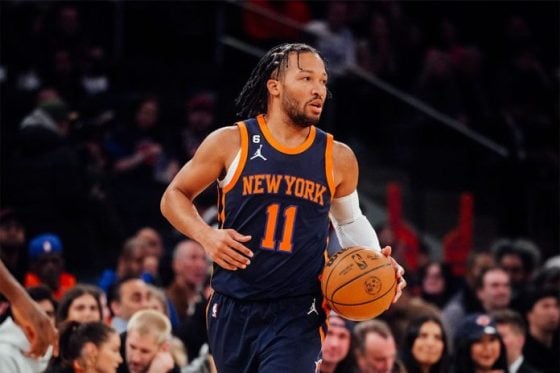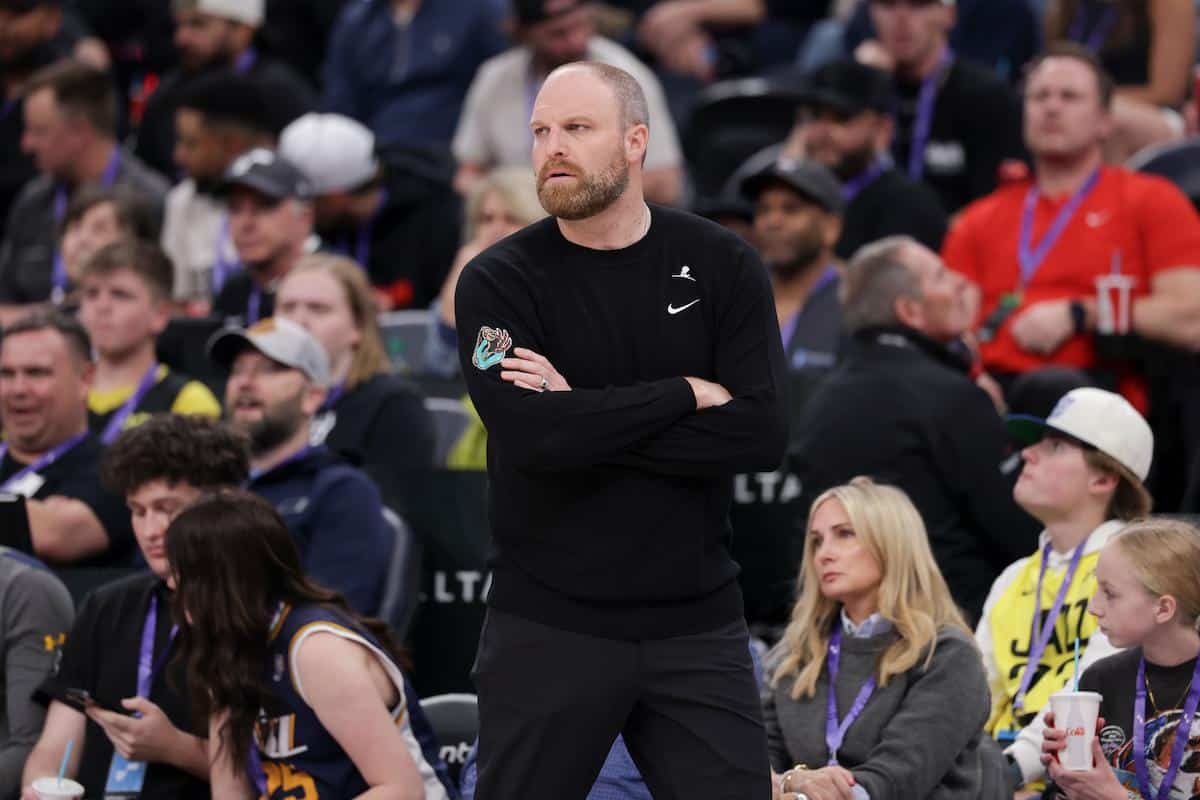If the player isn’t definitively a max player, finding the middle ground gets harder. It starts the year before if both sides can’t come to an extension. Then, it carries momentum into restricted free agency.
According to one general manager, negotiations can become contentious when the team asks a player to get an offer sheet elsewhere.
From the player’s perspective, it’s an issue of pride that his team wasn’t willing to pay him. The player can then sign an offer sheet that’s an undesirable contract for the team that has to match in terms of length, trade provisions, or payment upfront.
“I think the biggest example of that was Joe Johnson when he was a restricted free agent,” one longtime agent recalled. “He was trying to get an extension. He and Robert Sarver (Suns owner) weren’t that far off, and he ended up playing out his contract and ended up leaving for Atlanta. It may have cost the Suns a championship or two.”
“We’re looking to get value, so we can build a team,” one general manager told HoopsHype. “The agents don’t care about building teams.”
When the player and his agent feel the team is “nickel and diming” them, negotiations can drag out as they did with Hawks restricted free agent John Collins or lead to a player moving on entirely.
“If there’s no market, they’re going to completely lowball you,” an agent who’s had several clients in restricted free agency over the past few years told HoopsHype. “That’s when it gets contentious because you get anxiety building with the player and the agent, and you’ve got to get something done.”
Another agent recalled a meeting where he was thrown a curveball by the executive he was negotiating with during a face-to-face meeting. The executive came to the table offering a shorter contract and less money than discussed.
“Why did you fly out here to bulls— me?” the agent told the general manager. “We’ve discussed this, and you’re going to change it? We talked all morning. You could’ve said something before showing up here. I would’ve told you to turn around.”






